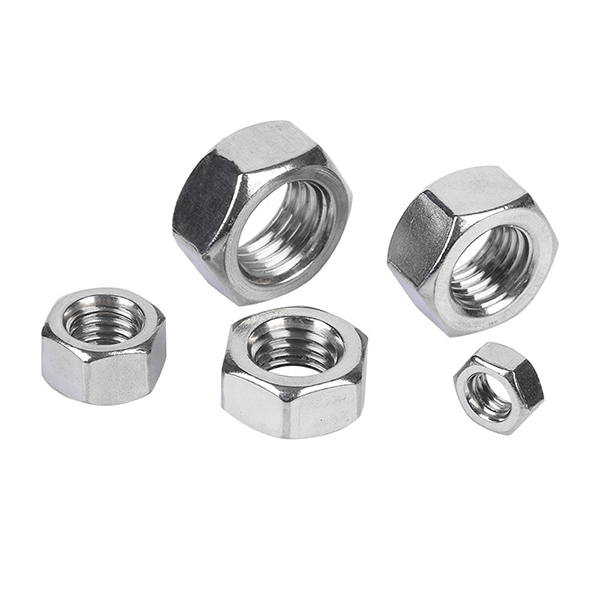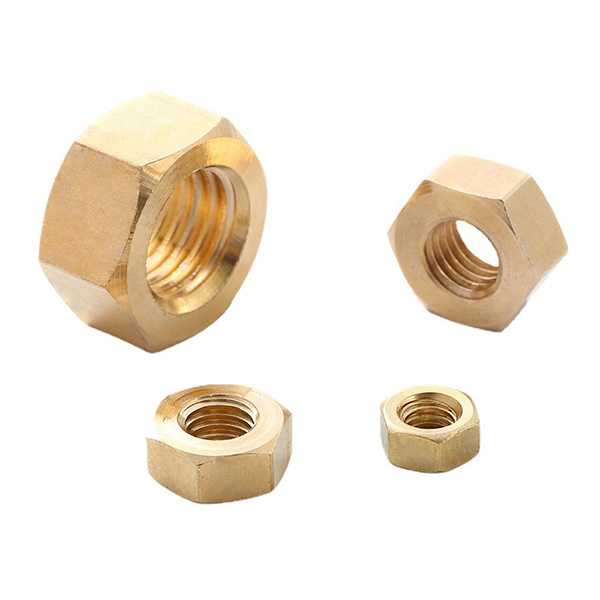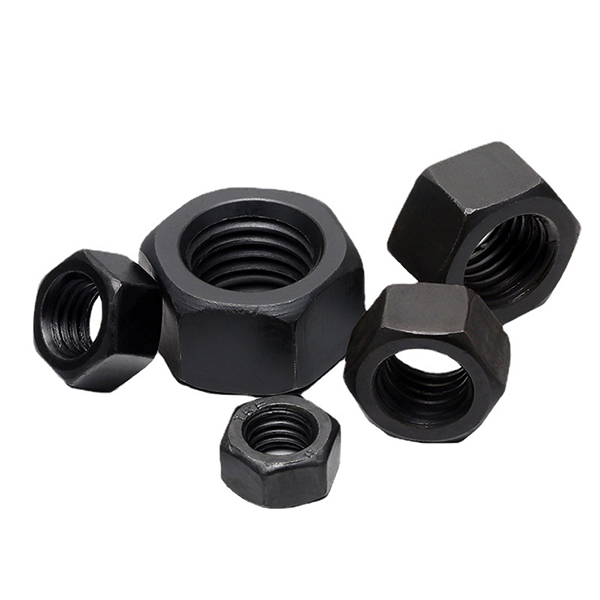Hex nuts are characterized by their six-sided design, which provides a larger surface area for tool engagement compared to other nut designs. This feature allows for greater torque application and a more secure grip when fastening or loosening. The internal threads of hex nuts match the diameter of the corresponding bolt, ensuring a compatible and secure connection.
Applications
Hex nuts are versatile and find use in various industries and applications:
- General Construction: They are used in construction projects for framing, roofing, and other structural applications where secure connections are essential.
- Automotive Industry: Hex nuts secure engine components, suspension systems, and body panels. They are also commonly used in wheel lug applications.
- Machinery Assembly: In industrial equipment, large imperial-size heavy hex flange nuts provide additional clamping force in critical areas such as bearing housings or pump assemblies.
- DIY Projects and Furniture: Hex nuts are used in home projects and furniture assembly, where they offer a secure and reliable fastening solution.
Advantages
Hex nuts offer several advantages that make them the go-to choice for industry experts:
Strength and Durability: They are known for their robustness and longevity, with the ability to withstand high levels of stress and movement over time.
- Ease and Efficiency of Installation: Hex nuts can be swiftly and conveniently tightened using a wrench, simplifying the assembly process.
- Cost-Effectiveness: Their lasting nature means fewer replacements are needed over time, resulting in decreased costs.
- Load Distribution: The design of hex nuts aids in distributing loads evenly across the surface of the materials being fastened, preventing damage and ensuring the longevity of the connection.
- Corrosion Resistance: Available in materials like stainless steel, hex nuts offer excellent corrosion resistance, making them suitable for outdoor applications or environments exposed to moisture and chemicals.















